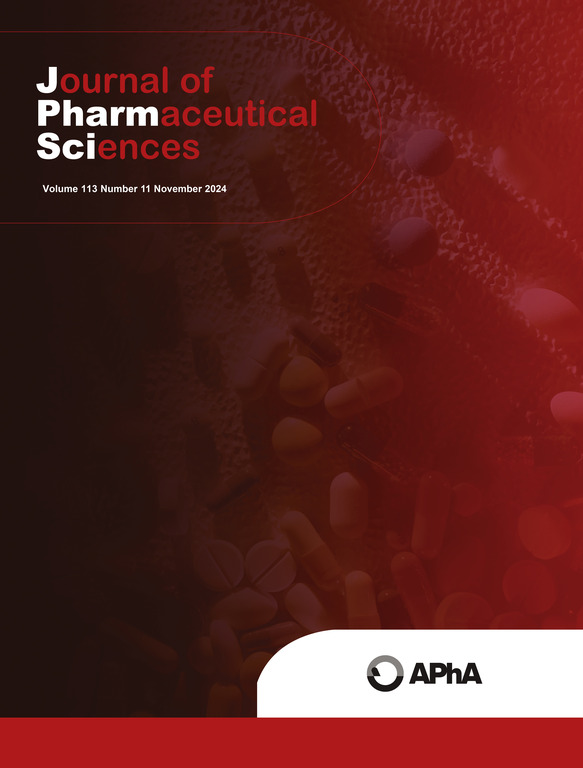Three-dimensional culture of human proximal tubular epithelial cells for an in vitro evaluation of drug-induced kidney injury
IF 3.8
3区 医学
Q2 CHEMISTRY, MEDICINAL
引用次数: 0
Abstract
Drug-induced kidney injury (DIKI) is the major cause of acute kidney injury (AKI). Renal proximal tubular epithelial cells (RPTECs) are the primary target sites of DIKI and express transporters involved in renal drug disposition. In the present study, we focused on three-dimensionally cultured human RPTECs (3D-RPTECs) with elevated expression of drug transporters to investigate their utility in DIKI evaluation. Intracellular ATP levels in 3D-RPTECs are reduced by tenofovir and cisplatin that are substrates of an organic anion transporter 1 and an organic cation transporter 2, respectively. In addition, 3D-RPTECs were exposed to 17 and 15 drugs that are positive and negative to RPTEC toxicity, respectively, for up to 28 d. The 20 % decreasing concentration of drugs for ATP amount (EC20) was obtained, and the ratio of EC20 values and clinical maximum concentration (Cmax) ≤100 were used as cut-off value to evaluate potential of DIKI. The sensitivities of 3D-RPTECs were 82.4 % and 88.2 % after 7 d and 28 d of drug exposure, respectively, and the specificities were 100 % and 93.3 %, respectively. The predictive performance of 3D-RPTECs was higher than that of two-dimensional cultured RPTECs and the kidney cell line HK-2. In conclusion, 3D-RPTECs are useful for in vitro evaluation of RPTEC injury by measuring intracellular ATP levels.
三维培养人近端肾小管上皮细胞,用于体外评估药物引起的肾损伤。
药物性肾损伤(DIKI)是急性肾损伤(AKI)的主要原因。肾近曲小管上皮细胞(RPTECs)是 DIKI 的主要靶点,并表达参与肾脏药物处置的转运体。在本研究中,我们重点研究了药物转运体表达量较高的三维培养人 RPTECs(3D-RPTECs),以探讨它们在 DIKI 评估中的作用。替诺福韦和顺铂分别是有机阴离子转运体1和有机阳离子转运体2的底物,它们会降低3D-RPTECs的细胞内ATP水平。此外,三维 RPTEC 还分别暴露于 17 种和 15 种对 RPTEC 毒性呈阳性和阴性的药物中长达 28 d。药物暴露7天和28天后,3D-RPTECs的灵敏度分别为82.4%和88.2%,特异性分别为100%和93.3%。三维 RPTECs 的预测性能高于二维培养的 RPTECs 和肾细胞系 HK-2。总之,三维 RPTECs 可以通过测量细胞内 ATP 水平对 RPTEC 损伤进行体外评估。
本文章由计算机程序翻译,如有差异,请以英文原文为准。
求助全文
约1分钟内获得全文
求助全文
来源期刊
CiteScore
7.30
自引率
13.20%
发文量
367
审稿时长
33 days
期刊介绍:
The Journal of Pharmaceutical Sciences will publish original research papers, original research notes, invited topical reviews (including Minireviews), and editorial commentary and news. The area of focus shall be concepts in basic pharmaceutical science and such topics as chemical processing of pharmaceuticals, including crystallization, lyophilization, chemical stability of drugs, pharmacokinetics, biopharmaceutics, pharmacodynamics, pro-drug developments, metabolic disposition of bioactive agents, dosage form design, protein-peptide chemistry and biotechnology specifically as these relate to pharmaceutical technology, and targeted drug delivery.

 求助内容:
求助内容: 应助结果提醒方式:
应助结果提醒方式:


